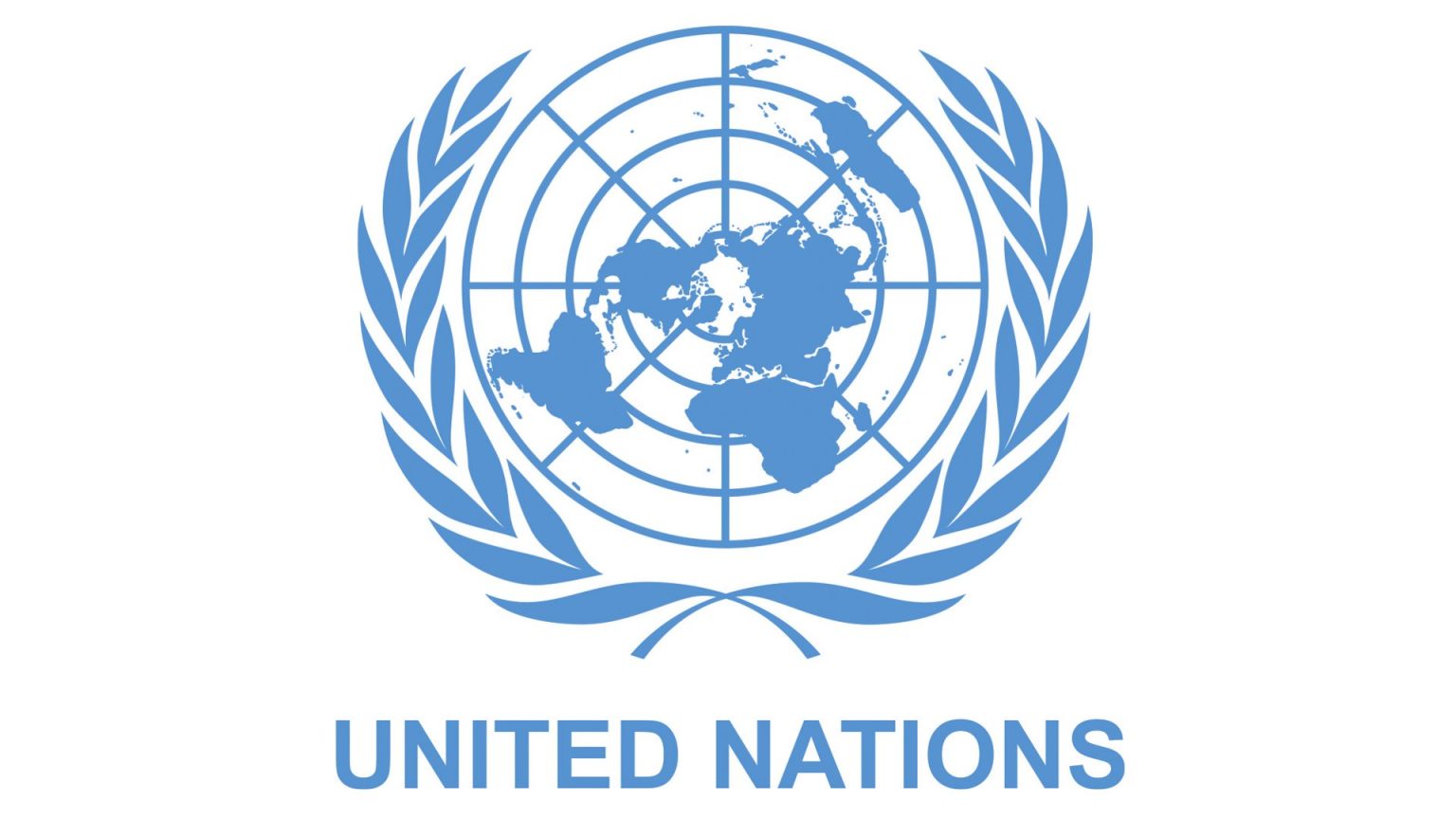The United Nations, a cornerstone of global diplomacy and humanitarian efforts, is grappling with a severe liquidity crisis, jeopardizing its ability to fulfill its mandate across the globe. This financial strain is primarily attributed to the significant shortfall in member states’ contributions to the UN’s regular budget, with many nations falling behind on their assessed payments. The crisis has prompted UN Secretary-General António Guterres to call for sweeping structural reforms to streamline operations, cut costs, and enhance the organization’s overall effectiveness in the face of mounting global challenges. The UN’s financial woes underscore the precarious nature of international cooperation and the shared responsibility of member states to ensure its sustainability.
Nigeria, a prominent African nation and a significant player on the global stage, has contributed only 36% of its assessed dues to the UN over the past five years (2020-2024). While expected to contribute $30.53 million during this period, Nigeria remitted only $10.96 million, leaving an outstanding balance exceeding $19.57 million. This payment deficit places Nigeria amongst the nations contributing to the UN’s liquidity crisis, raising concerns about its commitment to multilateralism and its ability to maintain its international standing. The country’s inconsistent payment record, marked by full payments only in 2022 and 2024, contrasts with the performance of many other member states that consistently honor their financial obligations to the UN.
The UN’s financial challenges are not isolated to a few nations. As of April 30, 2025, unpaid assessments to the regular budget totaled $2.4 billion, with the United States, China, and Russia among the largest debtors. This widespread delinquency exacerbates the UN’s operational difficulties and hampers its ability to address critical global issues, including peacekeeping operations, humanitarian crises, and development initiatives. The UN’s persistent liquidity crisis highlights the need for greater accountability and commitment from member states to ensure the financial stability and effectiveness of the organization.
The Secretary-General’s proposed reforms aim to address the UN’s financial vulnerability through cost-cutting measures, streamlined operations, and a modernized approach to its core functions. These reforms include potentially reducing staff by 20% in certain departments, relocating teams to lower-cost duty stations, and eliminating redundancies across the organization. While these reforms are expected to generate significant cost savings, Guterres emphasizes that they are not a solution to the underlying problem of member states’ arrears. He stresses the importance of timely payments as a fundamental obligation of member states to ensure the UN’s continued operation and its ability to fulfill its global mandate.
Nigeria’s financial contribution to the UN has seen a downward revision in recent years, reflecting the country’s economic challenges and reduced capacity to contribute. From a scale of assessment of 0.25% in 2020 and 2021, Nigeria’s contribution decreased to 0.18% between 2022 and 2024 and further to 0.15% in 2025. While this reduction acknowledges Nigeria’s economic realities, its continued delinquency in meeting even these reduced obligations raises questions about its commitment to the UN and its ability to maintain its influence on the global stage. The country’s domestic fiscal pressures, including high debt servicing costs and currency depreciation, further complicate its ability to meet its international commitments.
The UN’s ongoing financial difficulties underscore the urgent need for collective action by member states to ensure the organization’s solvency and its ability to address pressing global challenges. The Secretary-General’s appeal for timely payments and his commitment to engage in consultations with member states are crucial steps towards addressing the liquidity crisis. The UN’s future effectiveness depends on the shared responsibility of its member states to provide adequate and timely funding, allowing it to fulfill its mandate and contribute to a more stable and prosperous world. Nigeria, along with other member states facing financial constraints, must find ways to prioritize its UN contributions and demonstrate its commitment to multilateralism, recognizing the vital role the UN plays in addressing global challenges.


